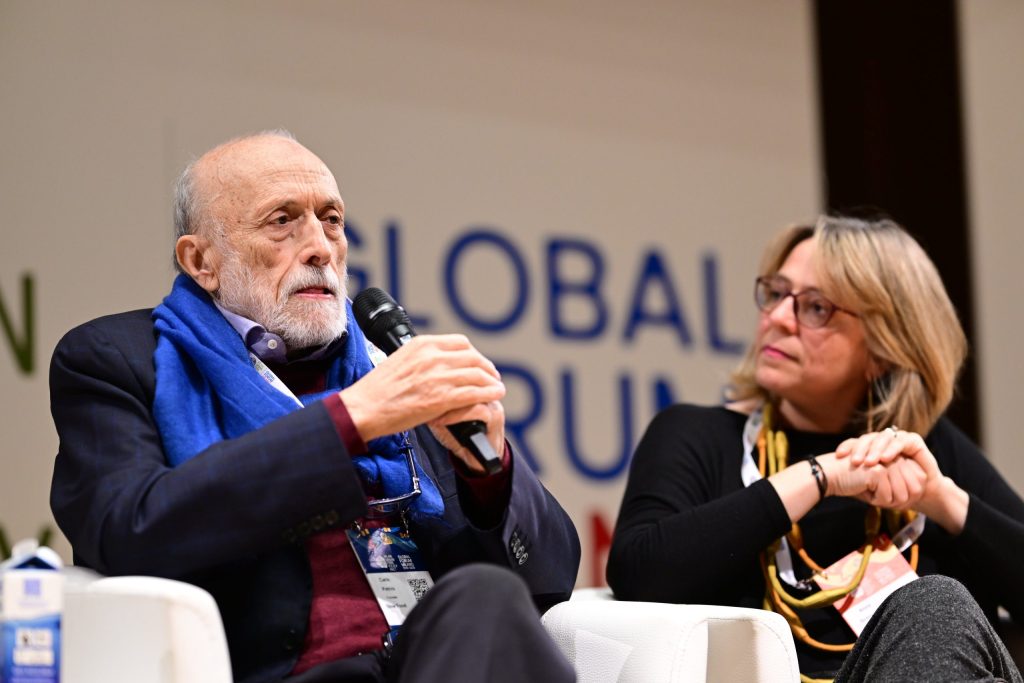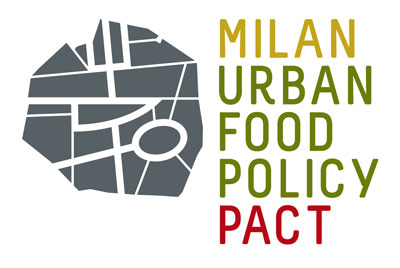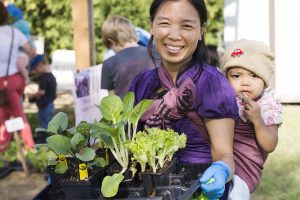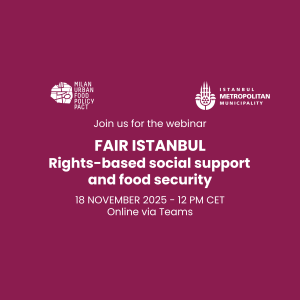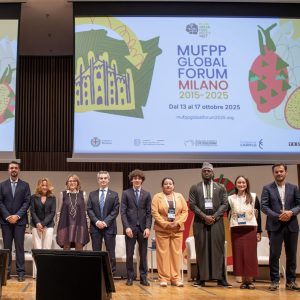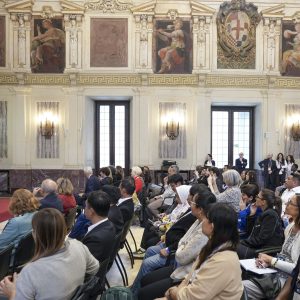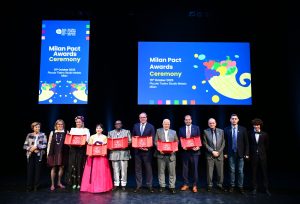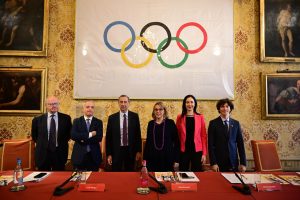The first plenary session at the University of Milan: protagonists Jane Battersby, Carlo Petrini, Stefano Gatti, Nosipho Nausca-Jean Jezile and the mayors of Bangkok, Bethlehem, Paris and Quelimane
The MUFPP Global Forum 2025 is now in full swing: over 500 delegates from around the world attended the opening plenary session this morning, held in the Aula Magna of the University of Milan. The session was attended by the Mayor of Milan, Giuseppe Sala, the Vice Mayor in charge of Food Policy, Anna Scavuzzo, and the Rector of the University of Milan, Marina Brambilla.
At the heart of the morning were the keynote speeches by Jane Battersby, Associate Professor at the University of Cape Town and expert in food systems, and by Carlo Petrini, founder of Slow Food. Their talks opened the three-day event of dialogue and collaboration dedicated to the future of urban food systems and the Milan Urban Food Policy Pact, alongside contributions from Stefano Gatti, Director General for Development Cooperation and Special Envoy for Food Security at the Ministry of Foreign Affairs and International Cooperation, and Nosipho Nausca-Jean Jezile, Chair of the FAO Committee on World Food Security.
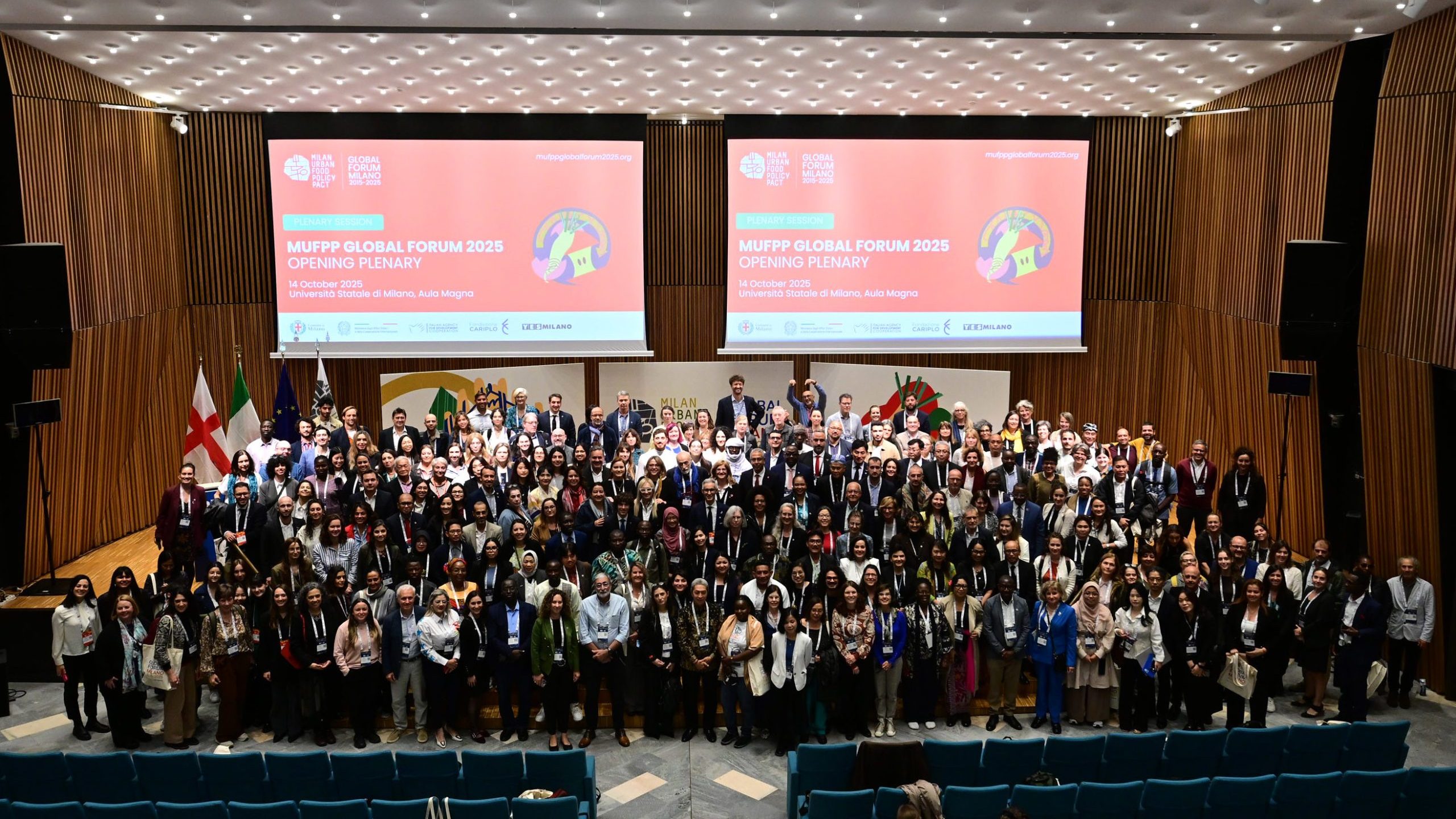
The Milan Urban Food Policy Pact is an international agreement signed to date by over 330 cities worldwide—120 European cities, 33 North American cities, 38 South American cities, 51 African cities, 50 Asia-Pacific cities and 41 Eurasian cities—with the aim of making urban food systems more sustainable, equitable, and resilient.
The first 102 signatory cities signed the ‘Milan Pact’ exactly ten years ago, in the Hall of the Caryatids of Palazzo Marino, on October 15, 2015, and delivered the document to the Secretary General of the United Nations, Ban Ki Moon, at the Expo the following day.
Ten years on, this morning’s session highlighted the last decade’s trajectory, thanks to remarks by Milan’s Mayor, Giuseppe Sala, who reminded the international audience of the future challenges and the urgency of sustainable and inclusive food policies, as well as the importance of international synergies and the role of multilevel collaboration. In just the past two years, the MUFPP has engaged over 2.600 officials in cities around the world in various joint initiatives and projects, sparking innovation in local food policies.
“2025 is a symbolic year for us: it marks the tenth anniversary of the launch of the Milan Urban Food Policy Pact, but also the tenth anniversary of the adoption of the city’s Food Policy,” explained Vice Mayor of Milan, Anna Scavuzzo, responsible for Milan’s Food Policy. “As we prepared for Expo 2015, we realized that food was both a global challenge and a local one, close to us, in our neighborhoods. Over the past decade, the policy has evolved from vision to action, and we have implemented, thanks also to the valuable network we created with the MUFPP, many concrete initiatives—on school meals, the recovery of surplus food, and education—that other cities around the world have replicated. Today, we renew our commitment to continue integrating local initiatives, demonstrating that cities can lead real transformation through food policies.”
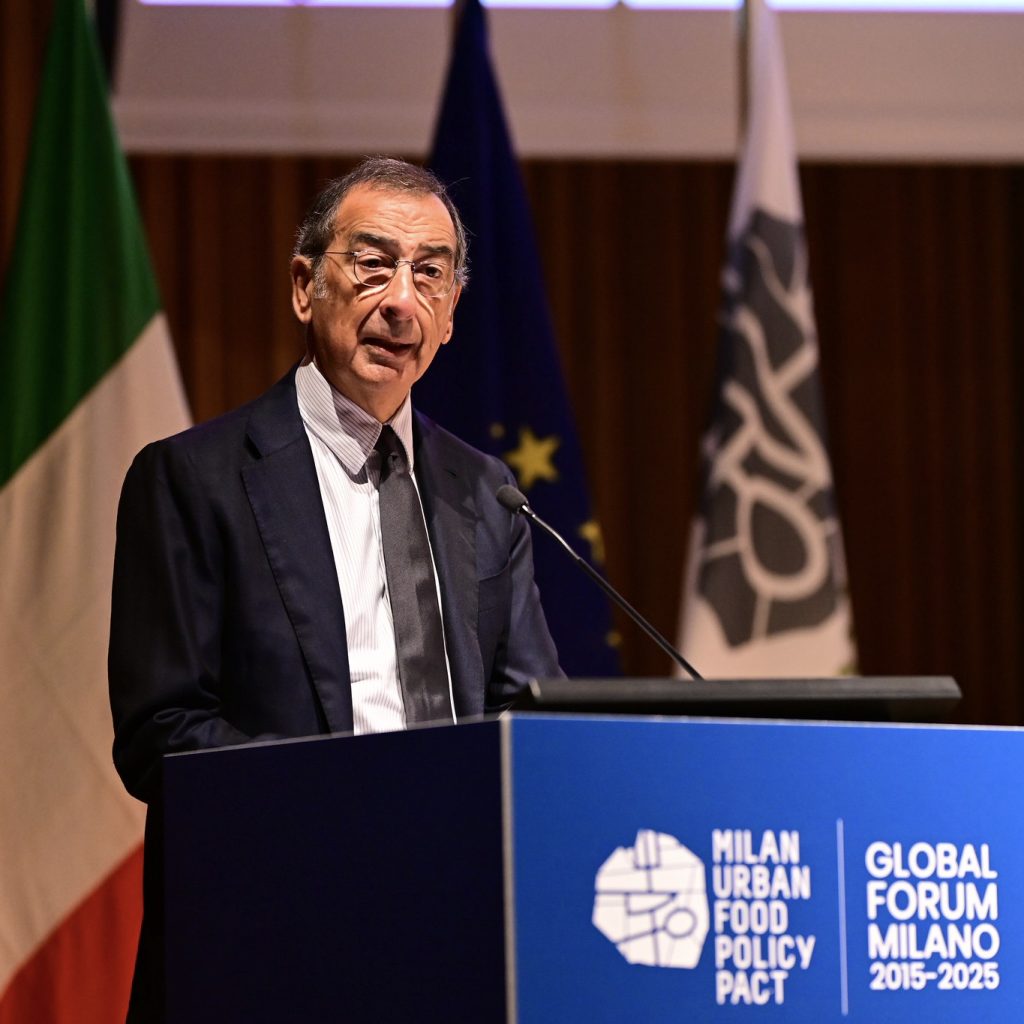
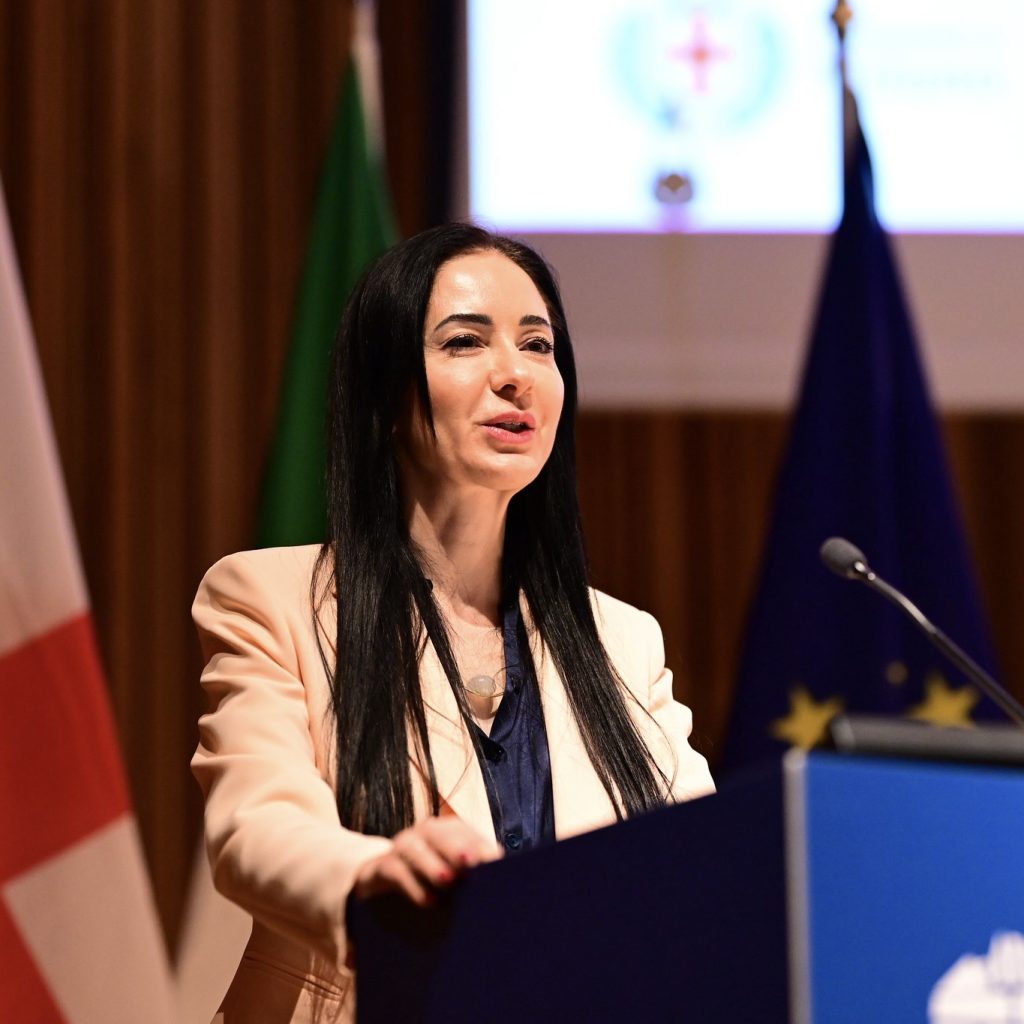
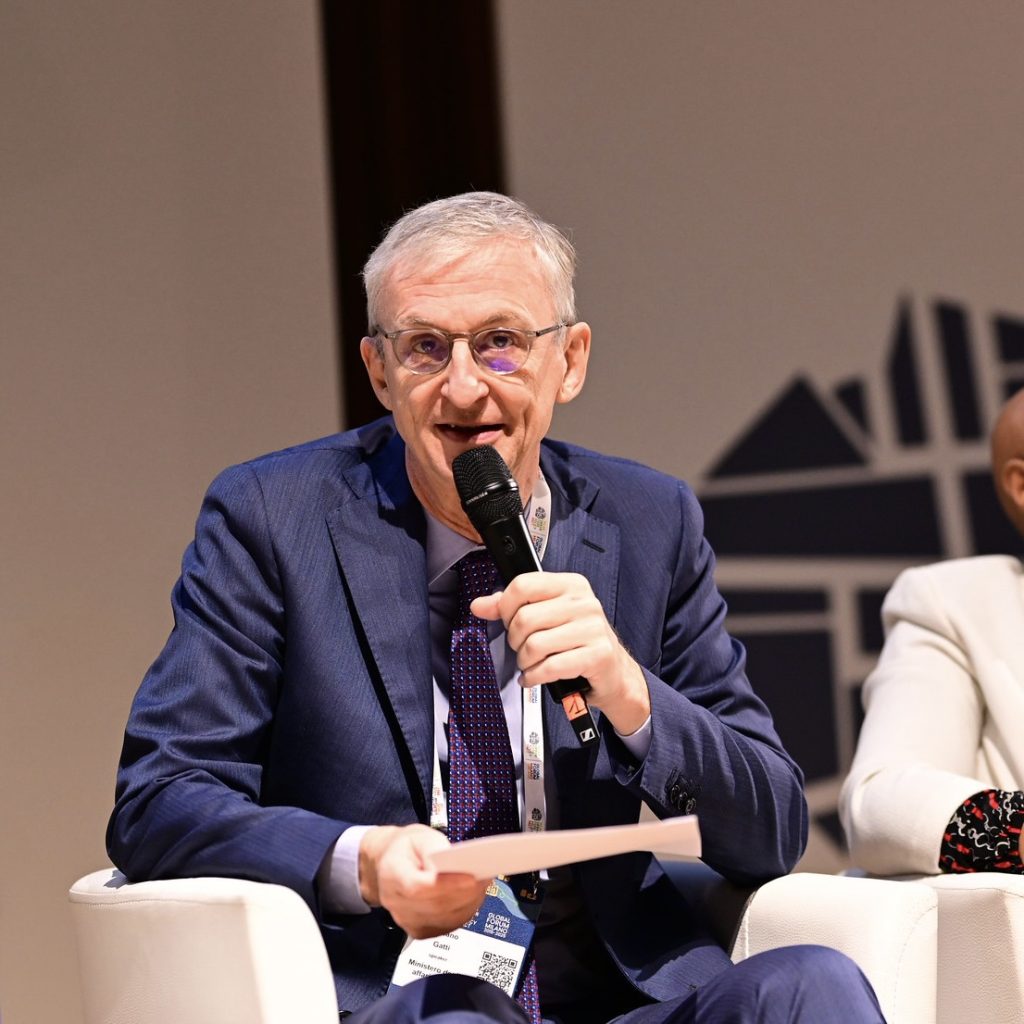
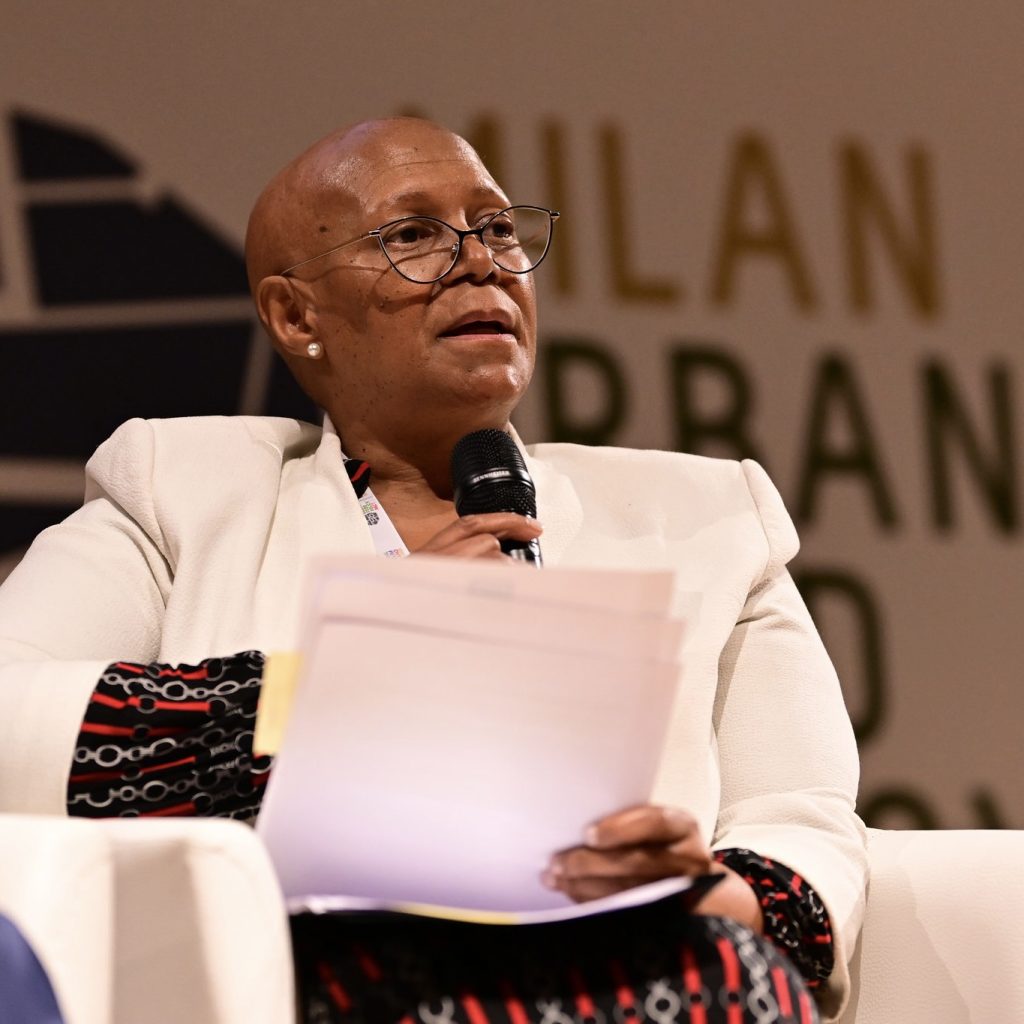
The University of Milan is the main venue of the MUFPP Global Forum. More than just a location, it is an invaluable partner that highlights the crucial role of scientific research in shaping and implementing food policies.
“The University of Milan is proud to be part of the Milan Urban Food Policy Pact Global Forum, which officially opens today,” said Marina Brambilla, Rector of the University of Milan. “At the University of Milan, we conduct interdisciplinary research and training activities ranging from agronomy to biotechnology, from nutrition to social sciences, with over 200 active projects dedicated to sustainable food systems, food security, and agri-food innovation, and more than 6600 contributions in the last ten years dedicated to the food sector, including edited works, volumes, articles, doctoral theses, and conference presentations. Our scientific commitment to the topic of food policies will be further enhanced by the new University Campus that will be built in Mind, the innovation district created in the Expo 2015 area: another major project, born, just like the Milan Urban Food Policy Pact, in the wake of that extraordinary generative experience for Milan that was the Universal Exhibition. A project of international scope and historic significance for Our University, for Milan, for our Region. On this solid foundation and looking to the new opportunities that will open up in the near future, we couldn’t be more proud to be part of this exceptional global event.“
Political Roundtable: Bangkok, Bethlehem, Paris, Quelimane and Milan
The first Plenary Session of the MUFPP Global Forum provided an opportunity for five mayors from the MUFPP network to discuss their local priorities, best practices, and insights drawn from their diverse experiences, on the stage in the Aula Magna of the University of Milan. They shared how cities, each with their own governance structures, are leading the transition towards more sustainable, inclusive, and resilient food systems. The Governor of Bangkok, the Mayors of Bethlehem, and Quelimane and the Vice Mayor of Paris took part in the discussion, along with Milan‘s Vice Mayor Anna Scavuzzo.
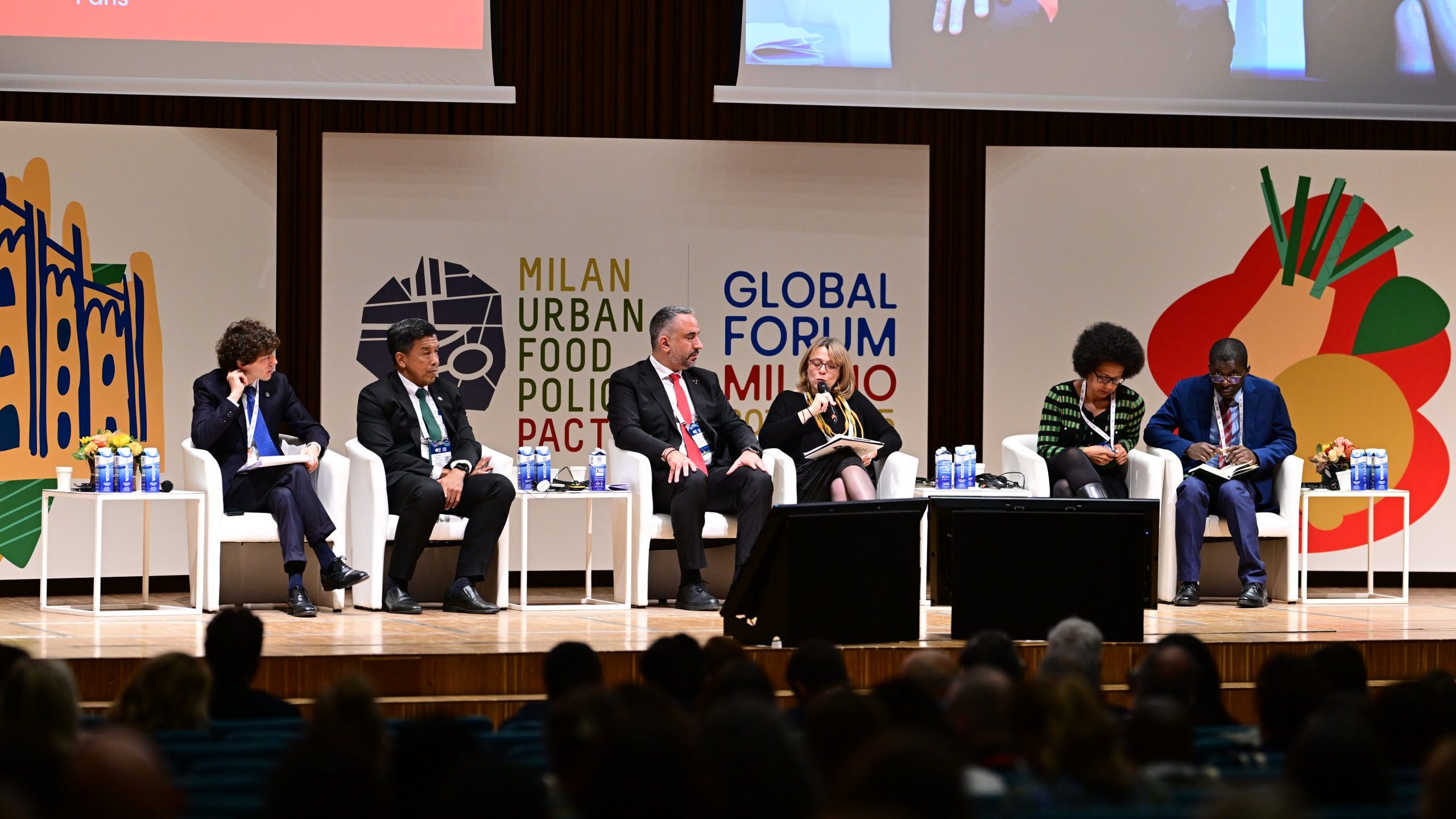
Jane Battersby’s Keynote Speech
In her keynote speech, Jane Battersby, associate professor at the University of Cape Town and an internationally recognized food systems expert, emphasized the importance of networking and the power that local governments can and will have in guiding countries toward sustainable food systems.
“Ten years ago, the Milan Urban Food Policy Pact established the strategic role cities must play in developing sustainable food systems, and over 100 of these cities became the first signatories. […] Since then, we have witnessed tremendous progress in the urban food agenda, both within and outside the Pact. Today, there are over 300 signatory cities from around the world. The last ten years have also seen a phenomenal growth in interest and action on urban systems by UN agencies and stakeholders worldwide. […]
And this is important because the need for urban food governance is now more crucial than ever. Despite the popular narrative that food insecurity is predominantly a rural challenge, over three-quarters of the world’s food insecure people live in urban and peri-urban areas. Over 70% of the world’s food production is consumed in cities, which are therefore very powerful in shaping food systems. […].
We are trying to lead and transform urban food systems in a context of ongoing global and local challenges. We are in an era of financial austerity affecting governments, NGOs, and businesses, political instability, climate change, markets flooded with unhealthy food, and high food insecurity. The times seem bleak. However, I think the urban scale allows us to address some of these challenges in ways that are not possible at the national scale. Local government has control over aspects of the food system often ignored by the national government, such as public markets; local government is better equipped to develop integrated approaches than the national government. Local government is the level of government closest to its citizens and therefore has innovative ways of working with civil society, and in some parts of the world, local government has considerable political and economic power to influence change beyond the bounds of the national government.
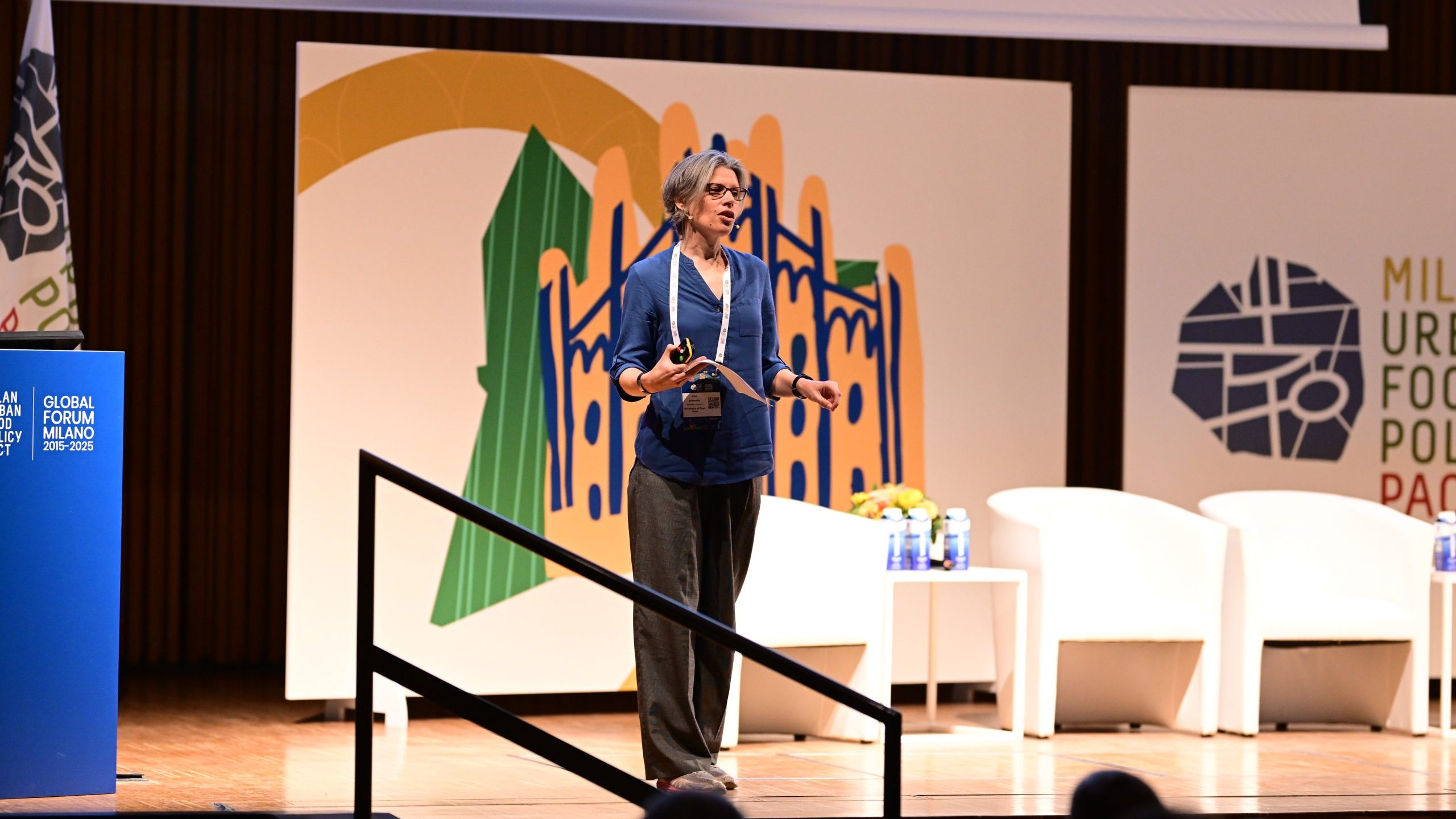
Carlo Petrini’s Keynote Speech
The first plenary session concluded with a keynote speech by Carlo Petrini, founder of Slow Food, who recalled how, ten years after the signing of the Milan Urban Food Policy Pact, cities demonstrate how food is fundamental to building happier and more aware communities. Looking to the future and the path still to be taken, there are three areas to work on: protecting biodiversity, the connection between nutrition and health, and food as a tool for peace.
“Ten years ago I remember when the Milan Pact was signed, which raised awareness of food as a key issue in urban policies. In recent years, the Milan Urban Food Policy Pact has gained importance and authority, in some ways greater than that of governments. Around food, the Pact has fostered experiences, exchanges, encounters, and knowledge, generating a positive impact on the local communities that no government policy has managed to achieve. You should be proud of this and fully aware that you’ve chosen the right path, even if there’s still a long way to go. In recent years, the most significant aspect of your community has been its ability to conceive and understand how food fits into a multidisciplinary vision of life: social, cultural, and political.
Ten years after its signing in 2015, we recognize that this project has been and continues to be fruitful in a worldview that international politics, however, has not fully embraced.
Now you have three more important challenges ahead:
Protecting biodiversity: we need to protect thousands and thousands of food products from the land and sea that are at risk of disappearing due to the standardization of industrial production. In 100 years, humanity has lost 70% of this biodiversity. We have the duty to stop this disaster and save this biodiversity from industrial production that homogenizes food. Defending local products is the most innovative and modern thing imaginable. The right to quality food is a right for everyone; this is the great challenge you face. In many of your cities, well-nourished people live side by side with the malnourished, and so it happens that industry feeds the malnourished, while local farmers who cultivate diversity feed the rich. Rich producers serve the poor, poor producers serve the rich.
The relationship between food and health: never before will the relationship between food and health be as crucial as it is in the coming years. Food is pleasure, there’s no doubt about that, but it’s also medicine. Food culture aims to promote nutrition education among young people, as well as inform and educate citizens about what they eat.
Food as a tool for peace: food is not a commodity, food is life, and therefore must be a vehicle for peace. It is criminal to have witnessed hunger used as a weapon of war for two years. Food policy is innovative if it doesn’t support this or that economy, but if it supports the life of communities, and in this sense it can only be a policy of peace.”
